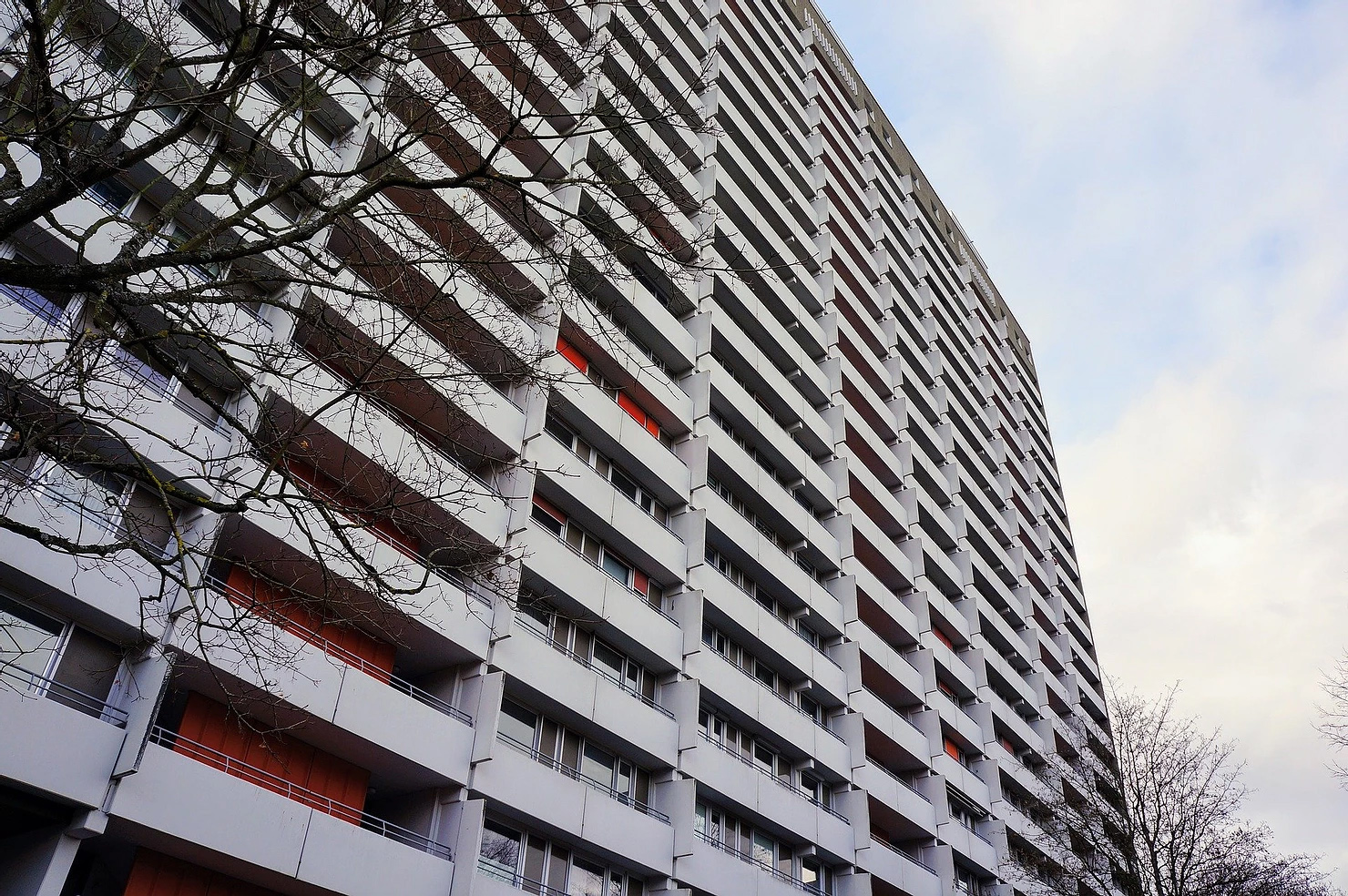
MIH TEAM
25/07/24
Meet Adam Bowers
020 3637 7968
info@mihproperty.co.uk020 3637 7968

Cladding. One of our previous blogs focused on the issues of being a Director of a Management Company and how difficult it can be, with very little reward. Having considered both the positive and negatives including having to field questions on whether consideration should be given to making the role paid after our blog was published – we came out on the side that the ability to have a direct say in the management of what is likely to be your biggest asset made the role worthwhile.
As a managing agent, whose team has a combined tenure of over 100 years in the industry we have seen all kinds of reforms, be it the Section 20 Legislation in 2002, the enhanced regulations regarding Asbestos, and all Health and Safety reforms including the Fire Regulatory Reform Act of 2005. With any new legislation, there are always practical difficulties with implementation but after time they become part of normal day to day management.
However, with the horror of Grenfell still looming large in everybody’s mind and the enactment of the new Fire Reform Act imminent we wonder if our conclusions about being a Director were correct.
We start to question where our faith in the value of being a Director is misplaced when they are faced with the new challenges before them regarding the Fire Regulatory Act, the requirement to inspect External Wall Systems, and the issues surrounding the production of the EWS 1 form. This enhanced responsibility with the need to ensure that an application to the Building Safety Fund had been submitted by the end of July made us question our initial thoughts even more. Particularly as in many cases, a full assessment of the building materials could not (and still can’t be) obtained not due to a shortage of qualified companies to undertake the work.
Even before we turn to the far more complicated issues with the cladding, we have seen initial opposition from owners for the requirement for the inspection of their front doors. This is before any possible upgrades have been recommended. Understandably, owners are struggling with the need to undertake works when they have been in residence for up to 70 years and there have been no problems previously.
Furthermore, in the event of a fire in a flat in their building, it has often been dealt with quickly and without any damage to their home. Rather than reassuring owners that the Board are taking Health and Safety concerns seriously, often it is seen as the Board trying to enforce more onerous measures on the owner’s home at an unnecessary cost.
These concerns are further exacerbated by the confusion surrounding the requirement for an External Wall Survey and an EWS 1 form. At the time of writing only buildings above 18 meters with possible combustible materials on the façade or balconies are required to have an inspection (however there is currently an amendment being considered that the height restriction should be lowered to 11 meters.)
Again, and something that we found with one of the buildings that we took over earlier this year, where buildings have been erected for some time- in this particular case over 45 years- it is difficult to understand that the façade could contribute to the spread of fire. Luckily, the concerns on this building were baseless and the building achieved an A1 rating.
However, another building in our portfolio, which had been built circa 10 years ago was deemed to be B2 with the suggestion being that some form of remedial works should be undertaken to minimize what was considered a moderate, tolerable risk. In exactly the same vein, there have been individual flat fires at the building that had not spread via the external wall system which raises questions about a wall system that has been classified as having combustible materials with very limited contribution to fire and what works are required.
It seems to us that Directors of residential boards are therefore in an invidious position trying to make informed decisions on works required to ensure the safety of those who live in the block while balancing the costs involved and often having to make these decisions with unclear information. Furthermore, having discussed this with one of our surveyors they have said that there is often a further disparity between the opinions of the individual fire engineers. It seems to us that Directors are in a no-win situation.
With legislation so confusing, subject to further changes, and a dearth of qualified fire engineers to help with this, our blog only denotes the tip of the iceberg and the question remains why would anyone want to be a Director? Particularly when so many responsibilities are in your hands – “Uneasy lies the head that wears a crown”
Quite simply, because as a Director you care about the building which you or your tenants live in and want to make sure that it is the safest place that it can be. Not to mention that should you look to sell your property down the road you will need to have an EWS 1 form to do so.
At MIH, we want to work through this maelstrom with our Directors to try and find the safest solutions at the most affordable cost, and should you want a Managing Agent who will work with you please do not hesitate to get in touch.
Our Services